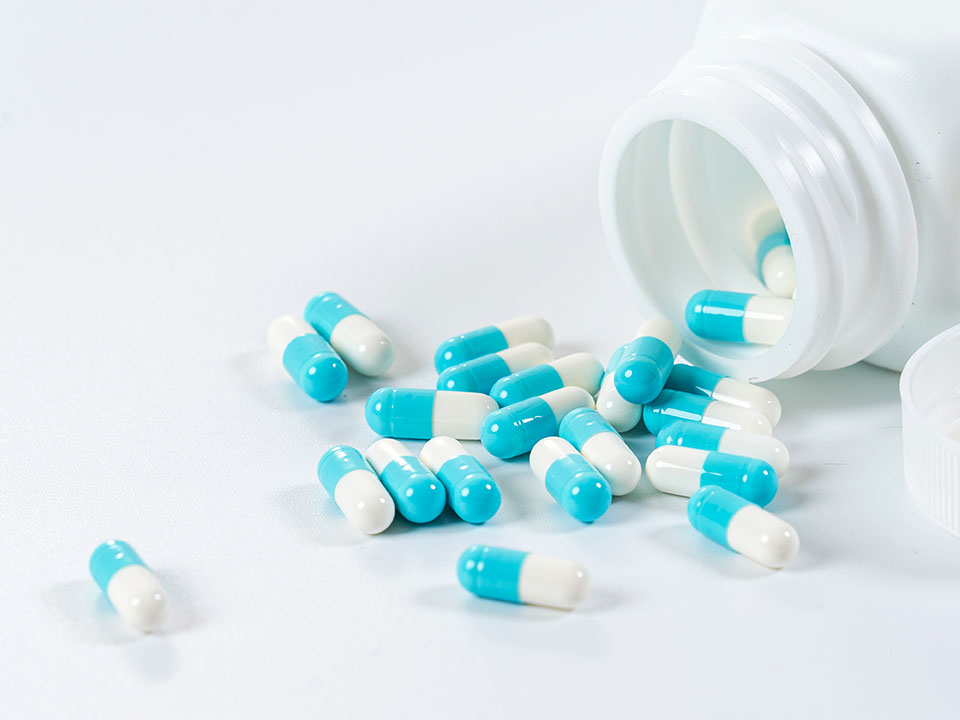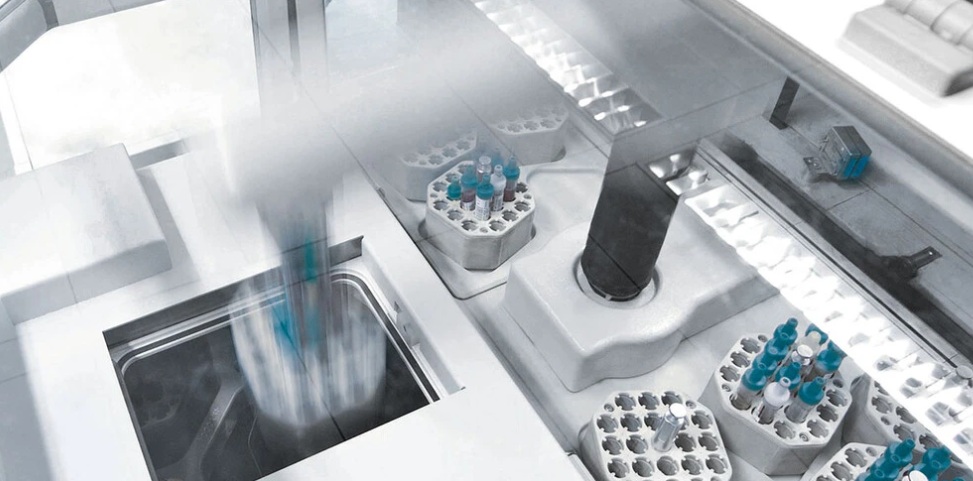In 1997, English rock band, The Verve famously sang the words: ‘drugs don’t work, they just make you worse’. In the world of prescribed drugs, this is partially true.
Let’s take the common antibiotic as an example. When was the last time you used them? According to many Doctors and medical experts, the answer is all too often ‘recently’. You may have obtained antibiotics for that head cold you had which prevented you from working or because you had blocked sinuses which made it difficult to sleep. Indeed lots of people turn to antibiotics as the first port of call, instead of as a last resort.
As a result, our bodies are becoming more and more resistant to antibiotics. This has led to a global effort to try and tackle this problem- making people aware of the pitfalls of using antibiotics too often.
According to the World Health Organisation, we are in a race against time to develop new antibiotics. In addition to this, there is a problem with how the world defines antibiotic resistance. It varies from country to country and unfortunately, although this is a global problem, there is no international standardisation defining ‘resistant’. In essence, the breakpoints to which we are resistant are not clearly define and this leads to misinterpretations.
Although the body is developing resistance to some anti-biotics, there are clearly some prescribed drugs which work very effectively. Take HIV as an example. Thirty years ago, if you were diagnosed as being HIV positive, it was essentially a death sentence. You’re days were numbered if you was diagnosed in the 1980s. Well known musicians such as Freddie Mercury and Eazy E famously died of the virus. Today, with the appropriate antiretroviral therapy (ART), a person diagnosed as HIV positive can lead a healthy life for many years to come.
ART works not by curing HIV, but stopping it from reproducing in your body. It can minimise the levels of the virus in the bloodstream, so that it is not able to cause damage to your immune system. The development of ART is good news for people infected with HIV and is clearly a case of prescribed drugs working very effectively. However, this has led to many people becoming insouciant with regards to becoming infected. All too often, people have simply said: ‘if I become infected with HIV, it doesn’t matter because there is prescribed medication out there which will help me’. This attitude has led to a decrease in the practice of safe sex.
According to Public Health England (PHE), there were 103,700 people living with HIV in the UK in 2014. Some 38,500 of these people are men who have sexual intercourse with other men (MSM). The number of MSM newly diagnosed with HIV continues to rise from 2,860 men in 2010, to 3,360 in 2014. This is mainly attributed to the effectiveness of ART which leads to individuals becoming blasé about becoming infected.
Drug development is an ongoing thing. Over a period of time, the human body does adapt to the drugs it is given and a level of resistance develops. Only time will tell if the body will become resistant to ART in the same way it has become resistant to common antibiotics. It is an area of great interest to all of us, not only medical experts.









